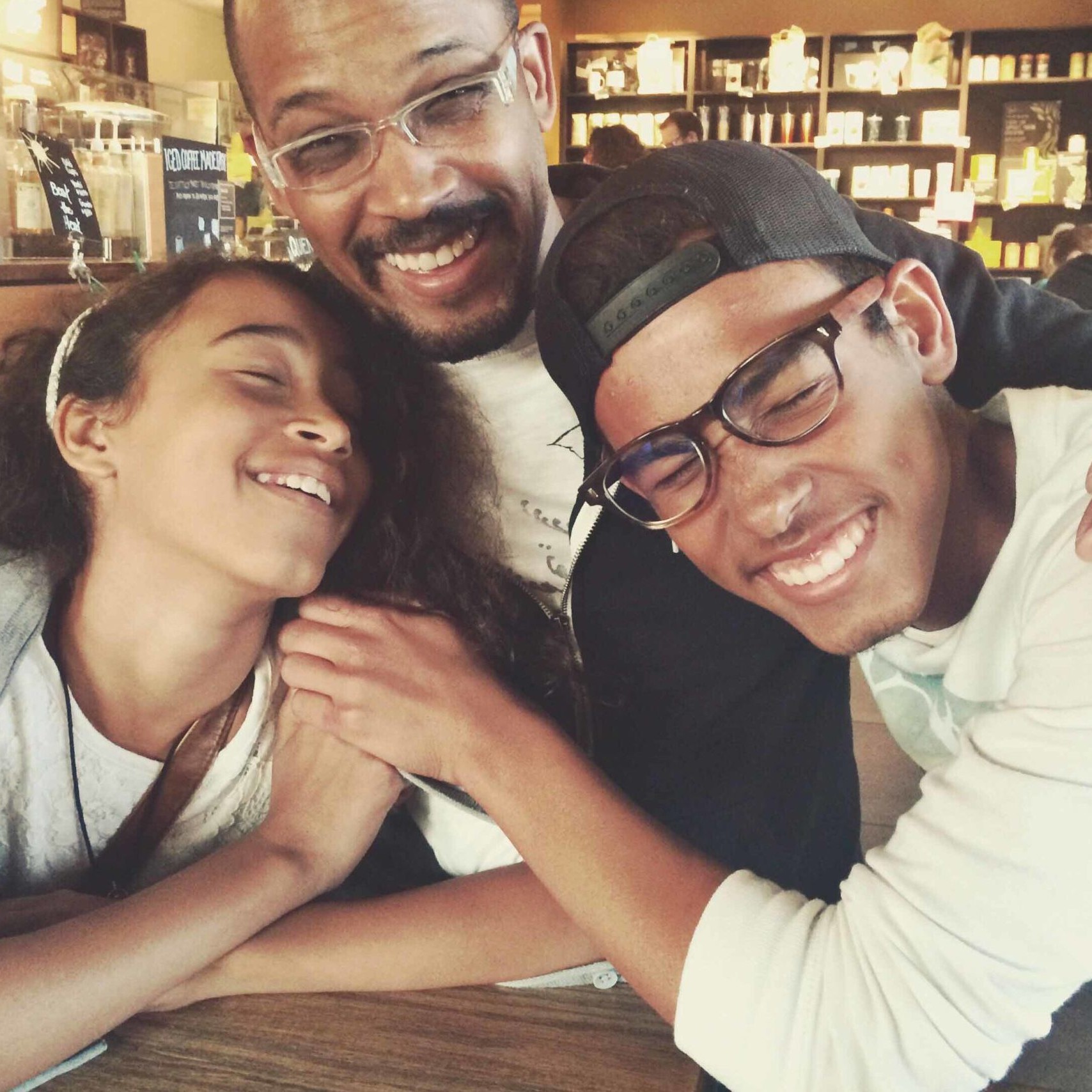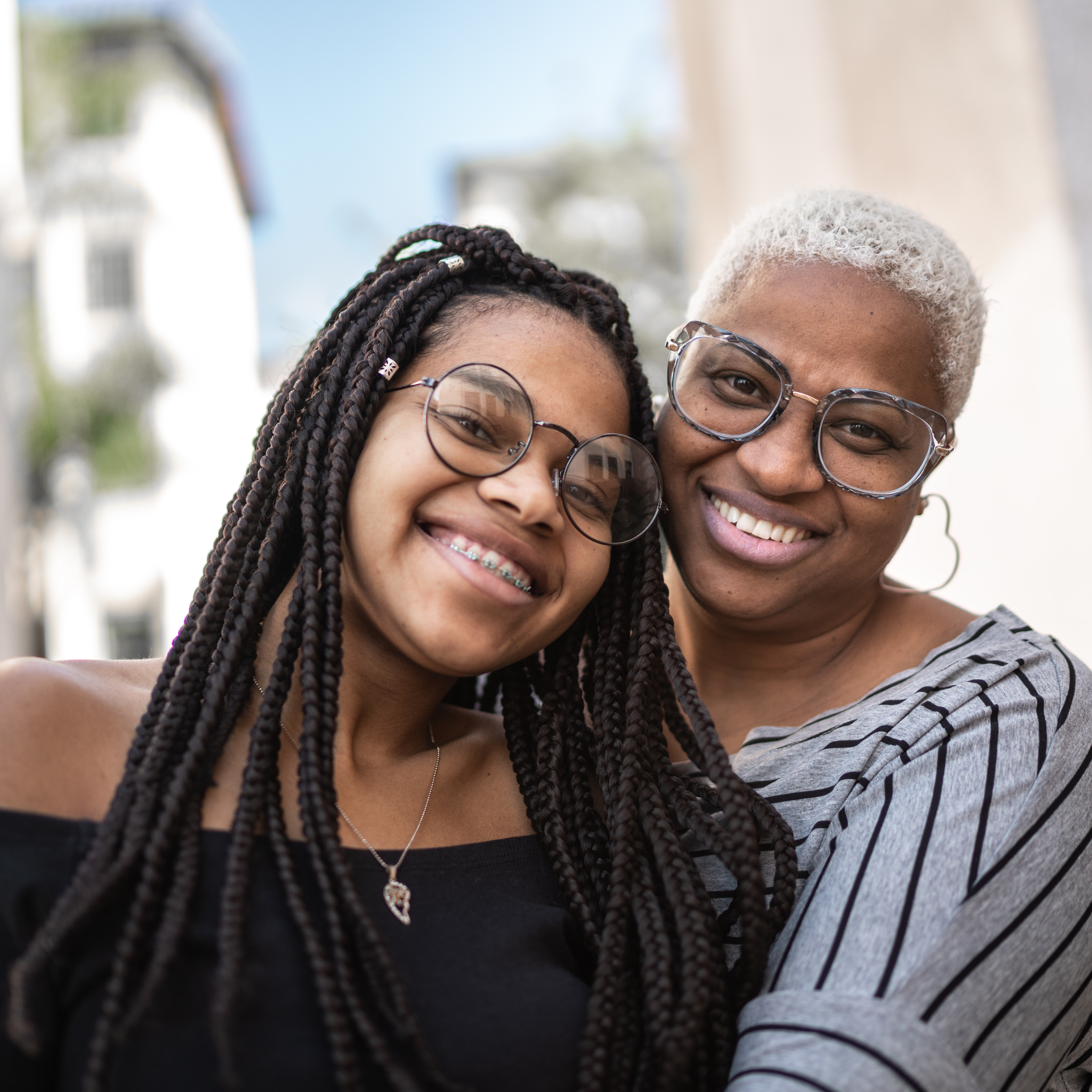How do I help my teen manage this challenging emotion? We asked a family therapist for her advice.
Parents across Colorado ask us how they can better connect with the young people in their lives. Felicidad Fraser, a licensed clinical social worker based in Denver, shares some strategies for strengthening these relationships in the midst of everyday challenges.
Q: “My daughter is entering the teen phase and is angry with me all the time. Help?”
Felicidad: When they’re going from tweens to teens, they have no concept of self whatsoever. Their concept of self is based on what everybody else thinks of them, from what their eyes look like to what their hair looks like, to what they’re wearing. And so, if they’re angry, anger by design is a secondary emotional response. And that is to cover up fear, work avoidance, it’s to deflect away from what’s really bugging them.
So if you have an angry teen, you can ask them, just straightforward, “Why are you so angry?” Once you’ve finished listening to them, then you hear what they’re really saying. You have an angry tween that’s saying, “Well, nobody likes me. And, you don’t let me go anywhere.” But when you’re really listening, what you’re hearing is, “I’m afraid no one’s going to accept me for who I am.” Or, “I’m afraid that no one’s going to take me at face value. I’m afraid that I’m going to be rejected.” And, “You don’t let me go anywhere” is a cue for, “Well, if I got out more, if I had a little more responsibility, if I had a little more freedom” — and the kids like to call it freedom — “If I had a little more freedom, then I could learn how to do this.”
So, if she’s angry, don’t meet anger with anger. Meet it with what’s going on. “You seem to be a little angry all the time. Is there something bothering you?”
Ask questions, and if they don’t want to answer questions, then show with an action. Take them somewhere, go do something with them that’s going to give them that feeling that not only you trust them, but you’re going to teach them something.
If she’s angry, first teach her how to get out of anger, get out of the angry feeling. “You look angry, let’s take a deep breath. Let’s look at the stars. Let’s go feel the sun on our bodies. Let’s get rid of the anger.” And then have a conversation. It doesn’t have to be anything deep at first. But, once you establish that pattern of trust, they’ll start talking to you.
“Hey, let’s play a game.”
“Hey, we haven’t done this in a long time.”
“Hey, let’s go for a walk.”
Q: “If you ask them why they’re so angry, sometimes that makes them angry. So, how do you work through that?”
Felicidad: It does! If you know that pattern of behavior is if I ask you a question, it’s going to anger you, then swipe left on the question and then go to an action — “Hey, want to play a game?” — without pointing it out. Because some kids, if you point out what’s wrong with them, they’re so angry that they let you in and they didn’t want to let you in.
“Hey, let’s play a game.”
“Hey, we haven’t done this in a long time.”
“Hey, let’s go for a walk.”
Just find some one-on-one time with something that they enjoy doing without saying, “Hey, I’m doing this because you enjoy this, and I want to get you to talk to me.” No! Don’t let them know what you’re doing. Just take the time to fill in that space for them, and create a space for them without telling them that that’s what you’re doing.
Feliz Fraser
Felicidad Fraser, LCSW, received her BS in Social Work from the Metropolitan State University of Denver in 2009, and her MS in Social Work from the University of Denver in 2010. She is the president of the Association of Black Social Workers (ABSW) Colorado Chapter. She is also president of Give An Hour, an organization that donates pro-bono mental health services to active and inactive members of the armed forces and their families. Felicidad is also a school social worker at Independence Academy. Much of her time is dedicated to her students, her family, and blossoming social workers new to the field.



